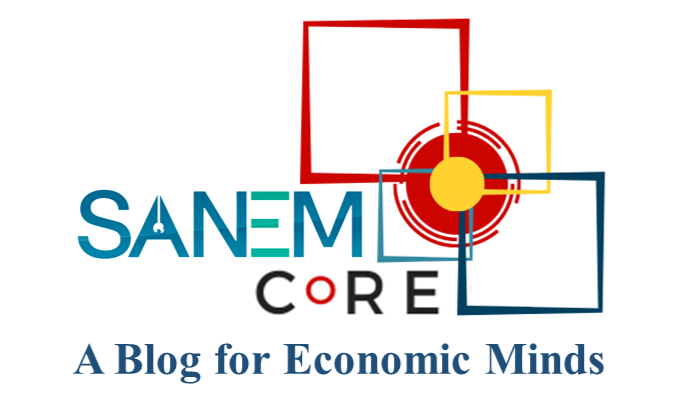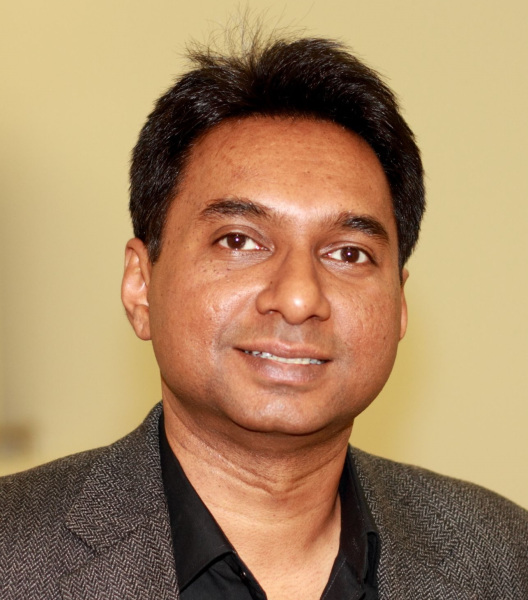Bangladesh’s young people are at a pivotal juncture. On one side, they are more educated, better connected, and more ambitious than any previous generation. On the other side, they face a tough reality: shrinking job opportunities, an outmoded education system, and political structures that largely exclude them. These tensions reached a boiling point during the historic July Movement of 2025, when young people took to the streets in a massive wave of protests, voicing their deep frustration over persistent unemployment and economic insecurity.
After almost a year of that upheaval, the South Asian Network on Economic Modelling (SANEM), in collaboration with ActionAid Bangladesh, launched the Youth Survey 2025. This nationally representative study, which encompasses 2,000 young individuals between the ages of 15 and 35 across all eight divisions, highlights the experiences and expectations of young Bangladeshis during this period of change. The results present a sobering yet hopeful picture: young people feel disillusioned, but they have not given up. They seek reform, not empty promises. Above all, they want to be heard.
The Education-Employment Disconnect: The survey reveals a significant gap between education and employability. Only 14.5% of youth respondents believe their education has adequately prepared them for the job market. A startling 30.8% said their education had little to no effect on their readiness for employment. This underscores a fundamental failure of the current education and training systems to adjust to the evolving needs of the economy. While nearly half of the surveyed youth are still in school, more than 37% have dropped out, citing early marriage, financial struggles, or the need to support their families.
Among those employed, three-quarters work in the service sector. However, these jobs are insufficient: 13.7% are actively seeking work without success, and an alarming 39% are disengaged entirely, neither studying nor working, and not even searching for employment. These “discouraged” youth form a ticking time bomb for both the economy and the social fabric.
A Generation Locked Out: Why are so many young people unable to access opportunities? One word dominates their responses: nepotism. Over 54% of youth cite it as the primary barrier to employment, followed by inadequate formal education and a mismatch between academic content and labour market demands. For many, job applications lead nowhere: 45% reported they never received a single interview invitation in the past year.
The gig economy offers some hope but also exposes gaps in awareness and access. While 70.8% of respondents see freelancing as appealing due to its flexibility and earning potential, only 10% are very familiar with it. Nearly half have no knowledge of the concept at all.
Meanwhile, migration remains a compelling option. Among youth who have never worked abroad, nearly 40% say they are contemplating it. The reasons are clear: better pay, improved working conditions, and a more dignified life.
The Political Vacuum: Despite their central role in the July Movement, most young people remain politically disengaged. Only 23% follow national politics closely. A staggering 83% have no interest in joining politics in the future. The gap between political parties and youth sentiment is stark: only 11.8% believe current party agendas reflect the country’s real issues.
This alienation has implications for Bangladesh’s democratic future. While nearly 94% of youth say they are hopeful the next election will be free and fair, their trust in political institutions remains fragile. Half believe political parties have failed to connect with them. The message is clear: symbolic inclusion is no longer enough. Young people demand real representation and accountability.
Youth Demands: From Protest to Policy: To respond effectively to this generational discontent, policymakers must listen. This survey shows that youth overwhelmingly identify education reform (94%) as the top national priority, followed by health (92%), labour market reform (90%), and human rights (89%). Gender equality, institutional governance, and minority rights are also highly ranked.
However, awareness of the actual reforms following the July Movement remains low. Nearly half of respondents had not even heard of the proposed reform packages, and only 2.3% felt fully informed. There is a rising fear among 13.5% that reforms will never come to fruition. This cynicism is both dangerous and preventable.
To close the gap between rhetoric and reality, future reforms must be visible, inclusive, and results-oriented. This involves transparency in implementation, participatory planning, and targeted outreach to marginalised groups. It also requires addressing the growing concern about religion-based politics, which nearly half of the youth consider unsuitable for Bangladesh’s future, especially among non-Muslim respondents who predominantly report feeling insecure.
A Hopeful Yet Fragile Future: Despite the bleakness of many indicators, the youth of Bangladesh have not lost hope. Most still intend to vote in the upcoming election. Many believe that meaningful reforms can improve the political and economic situation. And importantly, they remain willing to engage if given a reason to believe that their engagement will make a difference.
The July Movement should serve as a wake-up call, not a missed opportunity. Bangladesh is at a crucial juncture. If the voices of its youth continue to be ignored, their frustration might turn into fatalism. But if those voices are heard, valued, and acted upon, this generation could become the driving force behind a fairer, more prosperous, and inclusive future.



RECENT COMMENTS